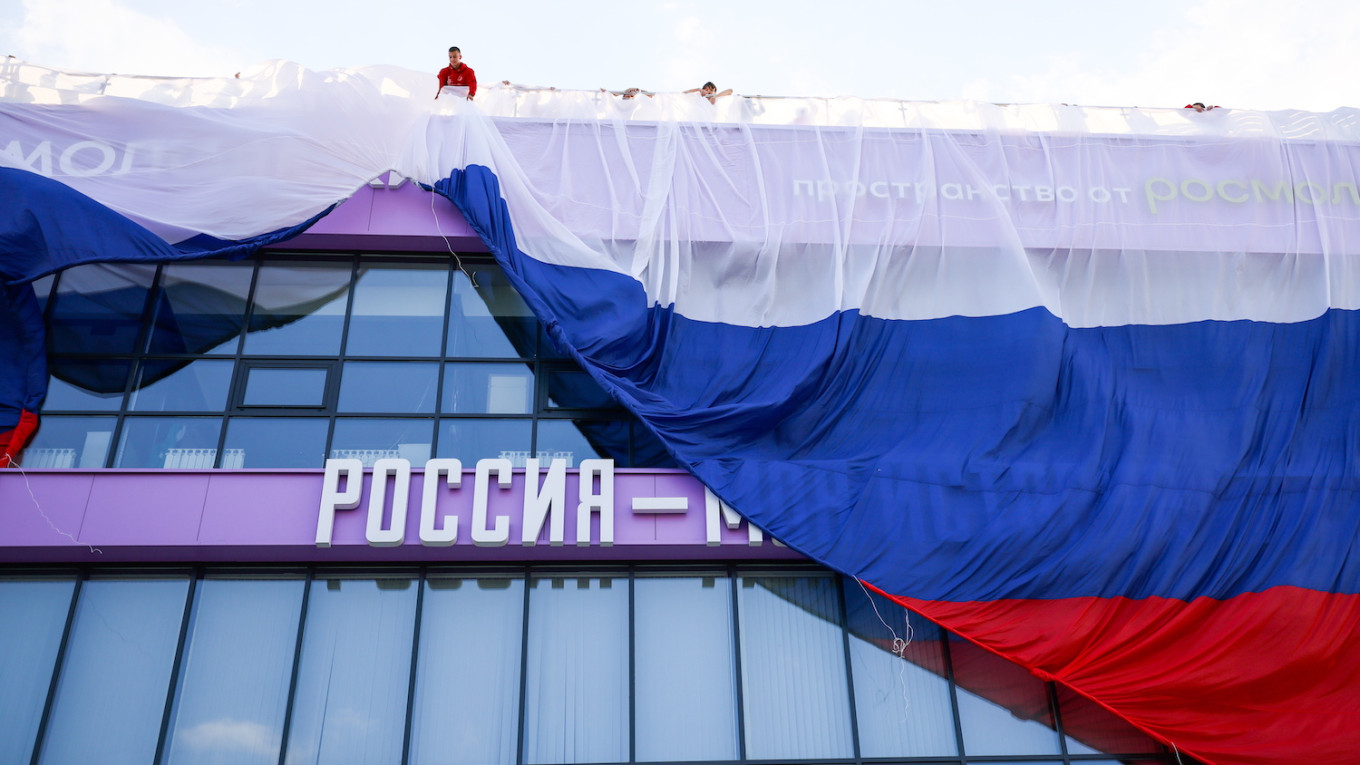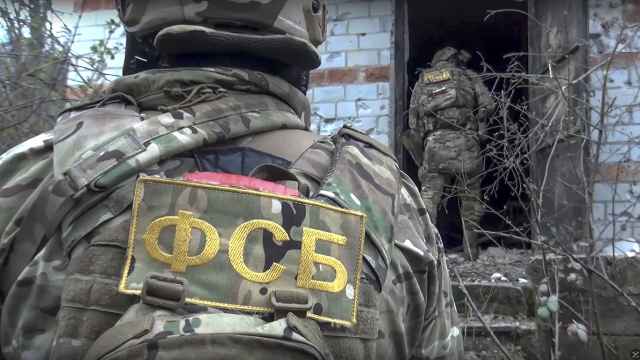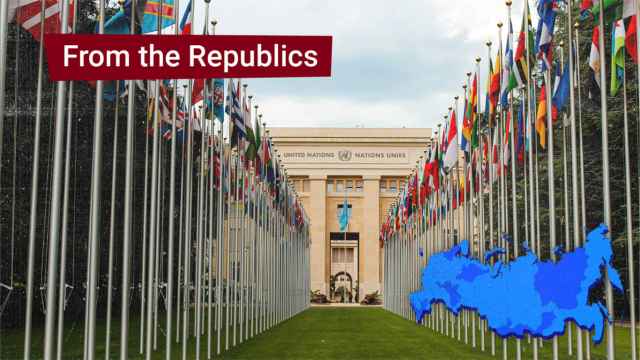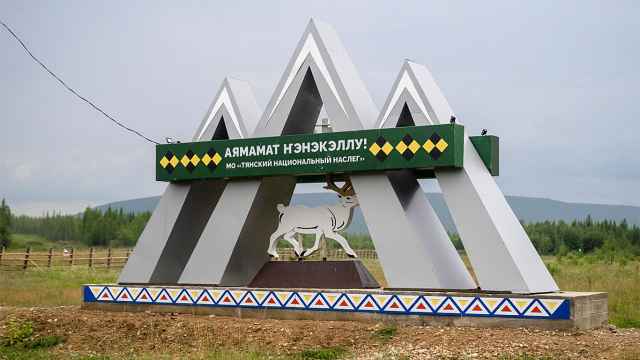Russia’s Supreme Court last week ruled to ban the so-called “Anti-Russian Separatist Movement” and “its structural divisions” as an extremist organization.
Though no organization with this name formally exists in Russia or elsewhere, the country’s Justice Ministry defined the group as an “international public movement to destroy the multinational unity and territorial integrity of Russia.”
Some observers suspect that this vague definition may be aimed at the various movements advocating for the rights of Indigenous peoples and ethnic minorities and for Russia’s decolonization.
Affiliates and supporters of these groups could now face up to six years in prison if found guilty of involvement in the banned “separatist movement.”
To make sense of what this ban could mean in practice, The Moscow Times asked leading Indigenous activists and human rights defenders for their interpretations and predictions.
Viktoria Maladaeva, founder of the Indigenous of Russia Foundation
“This ruling will impair the support for decolonial and Indigenous organizations,” Maladaeva told The Moscow Times.
“Even before this ruling, people were scared to like social media posts or leave comments [in support of Indigenous rights groups] because the security forces have been closely tracking such activities,” said Maladaeva, adding that she was aware of instances when the FSB used likes and comments left by her followers as supposed evidence of committing a crime during interrogations.
Maladaeva said she believed that the authorities would soon launch mass raids and open criminal cases against suspected supporters of decolonial and Indigenous rights movements in Russia’s ethnic republics.
“I want to ask people in Russia to abstain from commenting [on our social media] because it can result in long jail terms,” she added.
Stefania Kulaeva, human rights defender and expert at the Brussels-based Anti-Discrimination Center (ADC) Memorial
“The issue of criminal prosecution for so-called ‘separatism’ is not new. People in Russia have been arrested many times before…for simply advocating for federalization of regions like Siberia, [southern Russia’s] Kuban, [the republic of] Karelia, and others,” said Kulaeva, adding that Russians who say that occupied Crimea or the Donbas are Ukrainian lands have also faced criminal prosecution for “separatism” in the past.
“This [Supreme Court] ruling gives law enforcement authorities free rein, allowing them to effectively criminalize all human rights activities — which threatens not only minority rights activists but all minorities,” Kulaeva told The Moscow Times.
Abubakar Yangulbaev, Chechen human rights lawyer and activist
“This action aligns with the overall climate and policies of the Russian regime, which not only disrespects the sovereignty of its republics but also occupies neighboring territories. Discussing the lawfulness [of this decision] is pointless,” Yangulbaev told The Moscow Times.
“This [ruling] is a way for executive bodies to show to the country’s leadership that they are taking action against self-determination and secession of peoples from Russia,” he added.
“In short, the prison of nations is striving to remain a prison.”
Sargylana Kondakova, co-founder of the Free Yakutia Foundation
“The Kremlin first made up the ‘anti-Russian separatist movement’ and then labeled it as extremist. It looks like their fear of the country falling apart is so great that they decided to come up with a one-size-fits-all solution against all movements from ethnic republics regardless of their actual views,” Kondakova told The Moscow Times.
Kondakova believes the Supreme Court’s ban on the nonexistent movement to be “a signal to ordinary people” in Russia’s ethnic republics and other regions outside Moscow and St. Petersburg that anyone who chooses to “stand up against the war” and “Russian imperialism” could be accused of having ties to it.
“This is yet another attempt to marginalize us [Indigenous people], an attempt to make it clear to us that any criticism of the government from our side will be labeled as ‘extremism’,” said Kondakova.
A Message from The Moscow Times:
Dear readers,
We are facing unprecedented challenges. Russia's Prosecutor General's Office has designated The Moscow Times as an "undesirable" organization, criminalizing our work and putting our staff at risk of prosecution. This follows our earlier unjust labeling as a "foreign agent."
These actions are direct attempts to silence independent journalism in Russia. The authorities claim our work "discredits the decisions of the Russian leadership." We see things differently: we strive to provide accurate, unbiased reporting on Russia.
We, the journalists of The Moscow Times, refuse to be silenced. But to continue our work, we need your help.
Your support, no matter how small, makes a world of difference. If you can, please support us monthly starting from just $2. It's quick to set up, and every contribution makes a significant impact.
By supporting The Moscow Times, you're defending open, independent journalism in the face of repression. Thank you for standing with us.
Remind me later.







